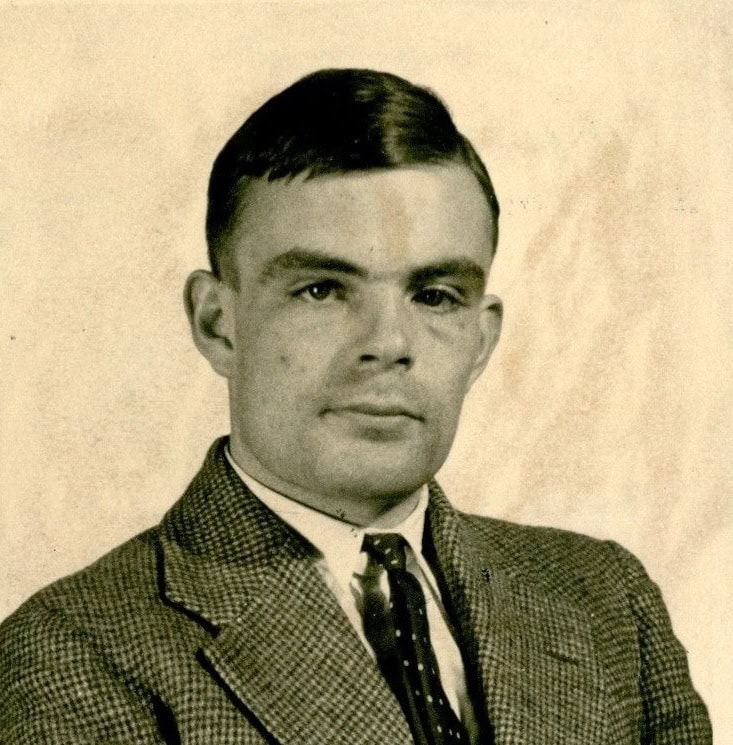
Artificial intelligence has made a big impact on the public consciousness, especially with the recent advances of chatbots, image and video generators, and other systems. However, this advancement was not made suddenly but is the product of decades of work in the field and incremental improvements. Here are five of the most important evolution points that were crucial in AI history.
Artificial Intelligence for Alan Turing
In 1950, Alan Turing published a paper called “Computing Machinery and Intelligence.” It posed the question, “Can machines think?”
Turing didn’t think to answer that question but rather came up with a game known as the Turing Test that was meant to show if an agent was artificial intelligence. The main goal of the game was to see if an observer could distinguish between responses from a human and a machine, and if not, it would mean that the machine passed the test.
The First AI Chatbot
ELIZA was the first artificial intelligence chatbot ever made. It was developed by MIT researcher Joseph Weizenbaum in 1966, and it generated basic responses based on keyword detection.
It still managed to amaze people with its ability to mimic conversations and is considered a breakthrough in AI research.
Foundations of Deep Learning
Around 1986, the focus shifted from symbolic AI to connectionist approaches that are supposed to mimic brain functions. Geoffrey Hinton published a foundational paper that year focused on backpropagation as a method for training artificial neural networks.
This would be the groundwork for more adaptive and flexible AI systems. Those are supposed to learn from data, and this is what drives today’s most modern artificial intelligence systems.
Deep Blue’s Victory
In 1997, IBM’s Deep Blue made headlines after defeating world chess champion Garry Kasparov in a six-game series. The mastery of chess was considered a big benchmark for AI researchers for decades, and this public victory was a turning point.
It demonstrated artificial intelligence was evolving its capabilities. Later, the AI AlphaGo would beat Lee Sedol in the Chinese board game Go, marking another benchmark.
AlexNet and Deep Learning Era
In 2012, there was a great groundbreaking moment with Alex Krizhevsky’s AlexNet winning the ImageNet competition with its model. It leveraged graphics processing units to handle large neural networks efficiently and made that process practical using conventional hardware. AlexNet’s success demonstrated that the power of deep learning was big and set the stage for numerous subsequent AI advancements, including the advance of ChatGPT and other modern AI.

Today, AI advancements are advertised every week, and where it will all go is uncertain and a point of debate. It is, however, undeniable that artificial intelligence is here to stay and can be applied in many fields.